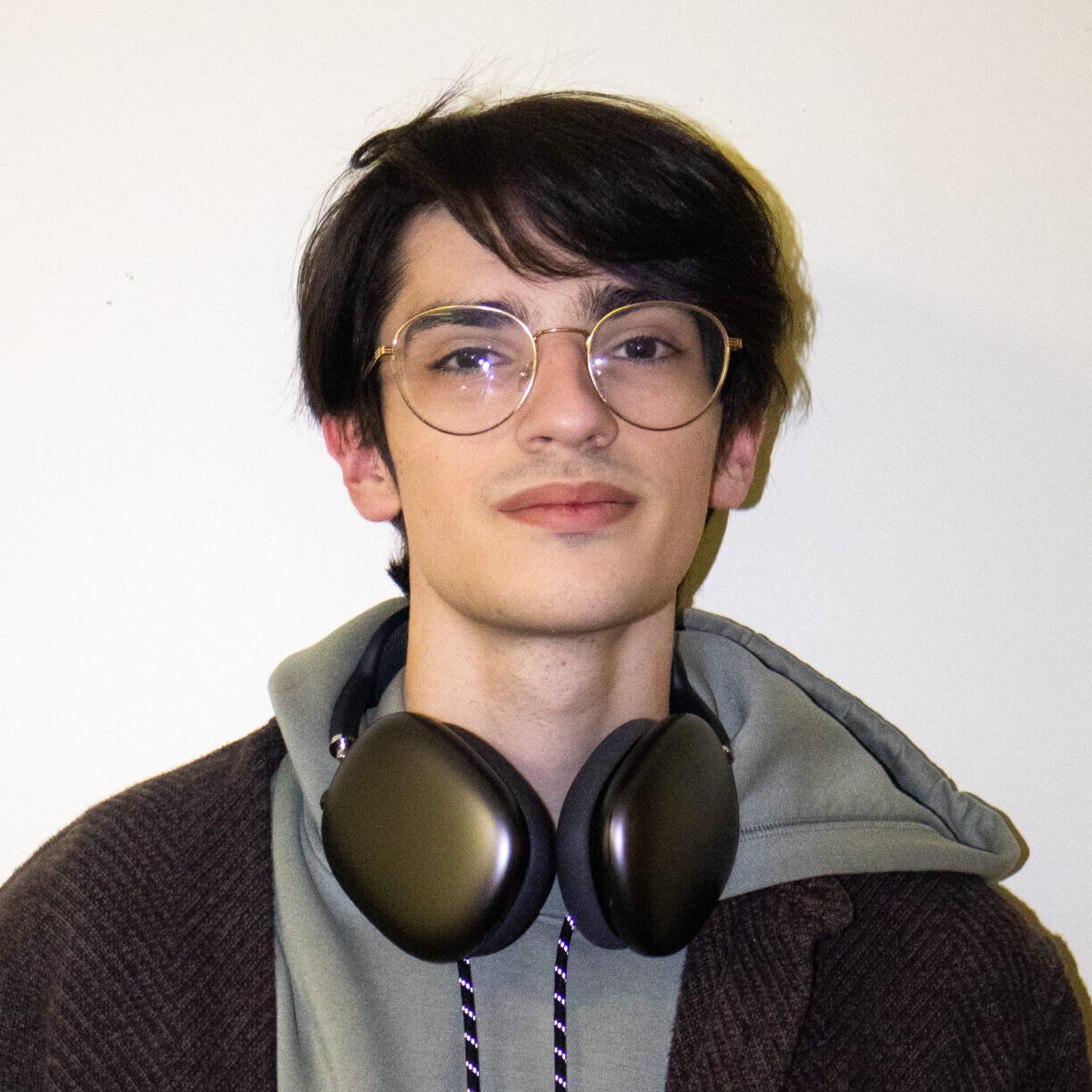Staff Writer Matt Sorce dispels the magic of “The Wizarding World” and endless “Harry Potter” adaptations.
‘Harry Potter’ and The Series That Won’t End
As the looming pressure of finals season creeps in, I’ve found myself sidestepping responsibilities for the irresistible urge to binge-watch the “Harry Potter” films. After 19 hours, I wasn’t only behind in class, but severely disappointed.
Having long outgrown my “Harry Potter” phase, I’d forgotten how much I dislike the cinematic adaptations. It’s not that they’re particularly unfaithful, but they’re poorly written and conveniently omit my favorite elements from the novels.
Even with the opening of the Harry Potter Shop Chicago April 10 and the new TV adaptation set to release on Max in 2026, I couldn’t care less. J.K. Rowling’s personal beliefs have tainted the series for many, and the books never lent themselves well to different mediums.
The novels flourish because they convey the nuanced personalities and motivations of key characters through Harry’s internal reflections, while the films reduce these figures to simplified caricatures. Instead of presenting them in full, the movies rely on broad strokes to communicate how everyone should behave.
Harry’s Aunt Petunia’s translation to the screen is the worst. In the films, Harry’s family is exaggerated in their cruelty, portrayed with cartoonish levels of hostility. The movies justify this abuse by portraying Petunia as bitter and jealous of her sister — Harry’s dead mother.
But the novels offer a more complex interpretation, suggesting her mistreatment of Harry stems not from hatred, but an attempt to suppress his magical heritage out of a misplaced sense of protection.
While the TV series could correct the mistranslation, capturing Petunia’s subtleties would be difficult without making them overt — ruining the delicate balance of repression and resentment the text carefully constructs.
Still, the film allocates screentime to Aunt Petunia over more deserving figures.
Though Luna Lovegood’s portrayal remains largely faithful, her character is treated like an afterthought, vanishing and reappearing at the plot’s convenience — often without logical explanation.
Character relationships suffer just as much as the individuals.
“Harry Potter and the Order of the Phoenix,” the fifth installment, spends much of its runtime building Harry’s romantic interest in Cho Chang, only for both the relationship and character to be abruptly dropped when the writers shift focus to Harry’s supposed attraction to Ginny Weasley in “Harry Potter and the Half-Blood Prince” — a far cry from how the events are portrayed in the novels.
These faults arise from the film’s lackluster screenplays, which struggle to condense the lengthy novels into bloated, two-hour features. While the TV series may allow the story to unfold at a more natural pace, this doesn’t overcome troubles with the video format.
From “Harry Potter and the Goblet of Fire” onward, the books simply don’t adapt well. Novels like “The Half-Blood Prince” delve into complex, pivotal character development, while the film itself feels like a horny filler episode — rushing in romantic subplots awkwardly and way too late.
Assuming each season of the slated Max series adapts a single novel, the later dialogue-heavy narratives will likely drag the series’ momentum to a grinding halt, much like the movies.
Still, the films managed to craft a convincing depiction of the “Wizarding World” through their visual effects and attention to detail in set design. If only the creative team paid more attention to coherence.
Many of the film’s continuity errors stem from editing mistakes, like Luna mysteriously appearing in places she shouldn’t be. But other problems are straight from the source material, with the “Fantastic Beasts” prequel trilogy retconning the story in ways that can’t be ignored.
Voldemort’s pet snake Nagini was once a woman who briefly loved Professor Albus Dumbledore’s nephew, Professor McGonagall is inexplicably a teacher at Hogwarts although she shouldn’t have been born yet and Dumbledore is internationally recognized before doing what he’s supposed to be known for.
If the TV series follows the prequels, many narrative changes will need to occur to rectify the current continuity issues — but doing so would make an equally contrived and unfaithful adaptation.
The most sensible approach is to leave things as they are — stop making Harry Potter movies, and drop the drive for a TV series.
If the box office failure and poor reception of “Fantastic Beasts” are any indications, there’s little appetite for more “Harry Potter” material — let alone a reboot.
-

Matt Sorce is a second-year forensic science major with a minor in criminal justice. When not reviewing music, he’s pretending to study in Cudahy.
View all posts
Topics
Get the Loyola Phoenix newsletter straight to your inbox!


